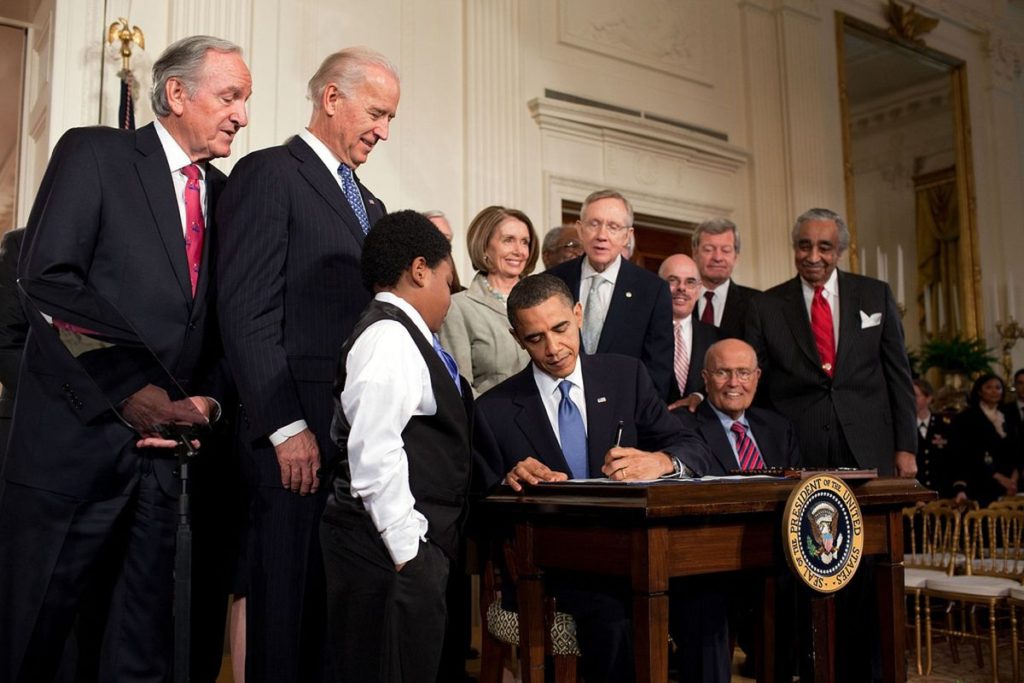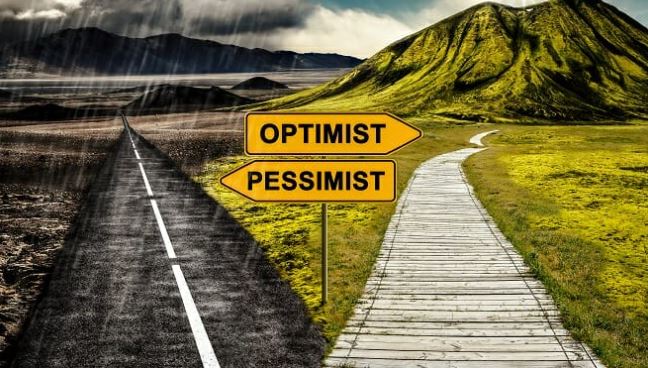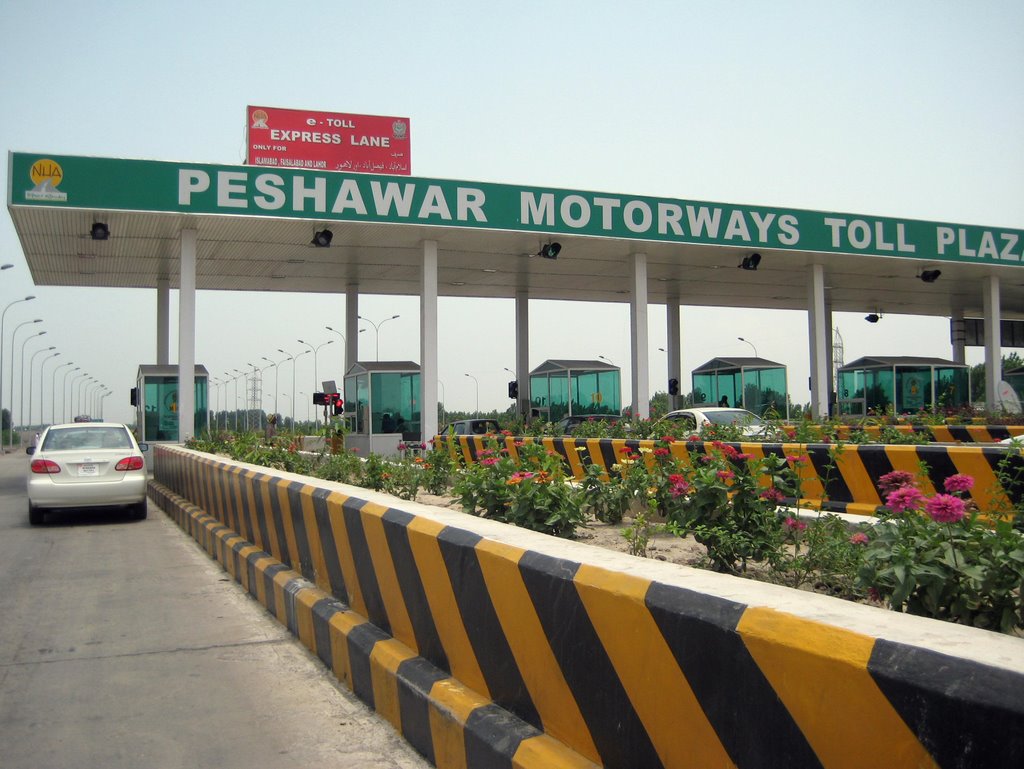Visiting Peshawar after six years
I left Peshawar and went to the USA for medical training just a couple of years after 9/11 in 2001. Since I left, over the last two decades, I have visited this historical city a number of times but then, as life events happened and for various reasons, I did not get a chance to revisit Peshawar for an eternally long period spanning six years. Finally, the moment arrived and I got a chance to visit Peshawar recently. I thought it would be nice to share my experience as a native of Peshawar.
As the US-Afghan conflict started, our city, due to its geographic proximity to Kabul and shared ethnic tribes, has been the largest recipient of Afghan migrants who fled the war. Our city was also the foremost target of terrorism and we still cannot forget the time when bomb explosions at public places such as shopping malls, mosques, and movie theaters were weekly, if not sometimes daily, occurrences. I can clearly remember that I had bought airline tickets to visit my ailing father but had to change the dates at the last minute due to security concerns from a recent bombing.

At that time people were scared. Life was unpredictable. You could go to the mosque for Friday prayers with your family and end up being blown to pieces. The conversations at gatherings were despondent and grim. Everybody had horror stories to tell. There had been deaths in every family or circle of friends. Most people had experienced being in the vicinity of bomb blasts and experienced gory scenes. I can still remember one of my friends narrating his story of being in such a situation and getting teary-eyed recalling the memory of pieces of human flesh landing on the windshield of his car, only a fraction of a second after hearing a deafening bomb blast. The morale of the city-dwellers was low. Melancholy was prevailing.
Peshawar – Then and Now
Now several years fast-forward, the terrorism situation has improved. The Afghan conflict has finally been tamed into a relatively more peaceful situation. People are no more scared of sudden life-threatening bomb blasts or other acts of terror. However, there still remains a sense of collective PTSD (post-traumatic stress disorder) amongst the natives of KPK. It may take decades before those memories fade away from our minds if they do at all.
When I visited Peshawar this time, I was happy to see a lot of progress in so many walks of life but I did not see a corresponding improvement in the morale of the people. In some of my initial conversations with friends and family, I heard a lot of negativity against our government and society as a whole. I did not however want to jump to conclusions and I thought that I would try to have my own independent assessment of how things were going and then decide how justified their criticism was. Not as an expert at any specific area but as a common citizen of Peshawar who was returning to his birthplace after a number of years.
Peshawar today – from the eyes of a native common citizen
I decided that I would go and spend time at the workplaces of some of my close friends and family members. I visited as many places as I could in a short span of one week ranging from hospitals, legal courts, banks, restaurants, shops, and even went to the village and spent time with the farmers. I wanted a full experience of life as I had known it to be before I left my city.
I saw the court in session at Peshawar High Court hustling and bustling with people. My brother who is an accomplished Barrister gave me an overview of the legal system at all levels. I followed the proceedings of a couple of cases and saw justice being served in a very professional manner. I volunteer in the family court at Monroe County in the United States and am familiar with the etiquette of the courtroom. I saw all the mannerisms being followed by the staff as well as the public. I witnessed several exchanges between the judge and the lawyers, the plaintiffs and the defendants. Were there displays of incompetence and corruption? Probably, under the table but nothing much too obvious. Even then, with all its flaws and limitations, the legal system was in full swing and societal justice was being delivered.

The restaurants were extravagant and plenty and the food was amazing. The BRT transport system was no less than any other major city of this magnitude. Shopping was exciting and there were multiple major Pakistani fashion designers who had outlets at convenient locations. The University of Peshawar was thriving as always with multiple departments brimming with enthusiastic students churning out professionals ready to take on the world in their respective fields of study. Peshawar Airport (Bacha Khan Airport) has been revamped and the facilities are at par with any other airport around the world.

There were downsides such as ongoing traffic and a lack of courtesy while driving but it was apparent that a cosmetic-uplift campaign for Peshawar and implementing relatively strict traffic courtesy rules were the need of the hour. It would take me more than an hour to go from one end of the city to another in a car during rush hour but tell me how is that different than any other major city in the world? When I used to live in Washington DC, my commute to work was fifty minutes each way with the usual traffic. Outside the main city, the motorway system was comparable to any major highway in the Western world and the cleanliness and quality of restrooms and other facilities at rest areas, with a minimal fee, was impressive.
Peshawar health care system – From the eyes of a native physician
My visit to the major hospitals of Peshawar, both private and government hospitals, was filled with a feeling of pride. I trained here. This is my alma mater, the soil that gave birth to me, as a person and a physician. Having worked in multiple different hospitals in a variety of settings in the United States over the past decade, I was in a good position to make an honest assessment. I have had experience ranging from working in small rural hospitals near West Virginia to training at the National Institute of Health in Bethesda, Maryland where I did my bone marrow transplant rotation in a building only two blocks down from Dr. Anthony Fauci, the US “Doc-in-Chief” in the fight against initially the HIV and now the COVID pandemics.

My head held high as I watched the infrastructure of the hospitals. The new construction of Khyber Teaching Hospital was impressive. It was in no shape or form inferior to any other major institute around the world. The hospital wards and outpatient clinics were organized and impeccably clean. Doctors were using electronic health records to manage patient schedules and perform other tasks. The environment was academic and thriving. The chaos that I was secretly dreading in my mind was proven wrong with the orderly state of affairs. If I were to compare the hospitals with some major hospitals in Europe and America, I may have objected to a few things but all I had to do was to compare them with how they looked just a few years ago, and I was ecstatic.
People don’t realize how big the Sehat Card achievement is
The KPK health ministry has achieved a feat that the general public is neglecting to realize the enormity of. I have lived in the United States for more than fifteen years now. In my initial years, I came to realize that despite being the world superpower and having the world’s most advanced medical sciences, both in clinical and research areas, the health care system was largely broken. If a patient was very rich, they could afford health insurance “Cadillac” plans where they got concierge service. The destitute were also in a good position because the tax-payer money through the government was paying for their healthcare in the name of Medicaid. The middle class unfortunately was being crushed. They were the ones who were working hard and trying to make ends meet and often could not afford health insurance. Being uninsured, the preposterously exaggerated costs of a single Emergency Room visit or a major surgery could wipe out their entire life’s savings.
If I were to state that Barack Obama left any mark on American history other than being the first black president, it would be the successful implementation of the Affordable Care Act because of which all American citizens now have health insurance. It took him multiple years from the conception to the execution of this idea. This was very fiercely opposed by the Republican Party but they remained unsuccessful in repealing it. This was a historical event in the healthcare history of the country. The current health ministry in KPK has achieved this feat in the form of Sehat Card just within the last couple of years.

Despite achievements, everybody is constantly bashing our own society
I caught up with a lot of old friends and family. It was a nice feeling. But one thing I noticed was that although the city of Peshawar is now on its way to progress in multiple areas, obviously far improved compared to just a few years ago, the one thing that is badly damaging the society is the rampant display of pessimism and negativity. Wherever I went, whoever I spoke with, people talked about the challenges that are still in the need of immediate and paramount attention such as inflation, corruption, traffic, etc. But I heard very few people emanating positive vibes and come up with optimistic ideas. I found myself inadvertently trying to come up with ideas to improve our society in different ways through innovation and self-help but my words were always encountered with resistance. I noticed a sense exhibited by most people that none of that was achievable. They made me feel that I was merely a positive thinker because I was living in Western society and that my ideas were idealistic which had no potential to materialize. I was told that if I moved back or spent enough time in Pakistan, I would start thinking that way too. I was taken aback by this attitude of listlessness and despondency.

But this is where the fun begins.
In medicine, making a diagnosis of a disease is considered to be the most important step in clinical evaluation. Once a diagnosis is made, then treatment methods are easy to plan. I think I have found a diagnosis for what is ailing our society the most. It is this sense of negativity and pessimism I’m talking about. It is the spontaneous act of putting the blame on others. We start with blaming the government and then blame everybody else, be it bureaucrats, professionals, or businessmen. But we never blame ourselves. There is a disconnect between our words and actions. When put in the same situation that we are criticizing, we act in exactly the same manner that we should not be with the thought that if everybody is doing it, I will too. We do not see any reward in contribution towards the society. We want to take but we do not want to give. Perhaps the American nation was going through a similar morale crisis when John Kennedy uttered these words at his inaugural address; “Ask not what your country can do for you – ask what you can do for your country.”
I agree that we should be constantly pointing out the things that are still wrong with this society in an effort to continuously improve. But we should start giving ourselves credit for coming a long way in terms of recovery from terrorism and focus on the future and prosperity. We should start identifying the positive changes in our society and every time we criticize something, we also make it a point to highlight an achievement, a milestone.
Let’s give the credit where it is due
The Affordable Care Act was unofficially called Obamacare. In one of the Presidential debates during his second term in 2012, his opponent Republican Senator Mitt Romney, instead of using the official word “Affordable care act” used the word “Obamacare” but then instantly realized that it might not have been appropriate to use an unofficial name in a televised national debate. He apologized by saying, “I apologize, Mr. President, I use that term with all respect.” The enigmatic president responded with a smile in his ever so eloquent manner, “I like it!”

The Sehat Card is a magnanimous achievement for the people of KPK and is now being copied by other provinces in Pakistan. Although this is likely the product of the untiring work of a team of people, we know that the primary architect is Taimur Saleem Jhagra. Here I propose that we all start calling the Sehat Card by the unofficial name of “Jhagra Card.” Please join me in doing so.

It is now spreading to other provinces and hopefully will be the future of healthcare delivery in Pakistan. The general public has still not realized that they have a card worth a million rupees in their pockets to be used for healthcare. When was the last time we remember so much money being handed over to the citizens to be used unquestionably for their own health? The model is so impressive that it is not only being copied by other provinces in Pakistan but I wouldn’t be surprised it becomes the model of healthcare delivery in multiple other countries with similar health care systems. We must realize that there will be problems initially as with any new endeavor such as reimbursement concerns by doctors and hospital systems but we should let the scheme grow into maturity and the kinks will be straightened out as they come. At the end of the day, the poor man is getting free treatment for himself and his family. The impact is of a magnitude that is hard to deny.
March 13, 2022
Please read my other writings by clicking here


Well said. This innovative scheme has changed the lives of so many. It is available to all.
Beautiful and very well explained dear Farhan. And as a person living in KPK I agree with you that the Sehat card should be named Jhagra card.
Bravo
I can’t agree more with you. Thankfulness is a virtue, and good deeds even with their present working weaknesses are noble essentially, and the people can collectively make them more efficient and long term by helping the running rather than pointing acute critique; such as the sehat card. As an optimist, you have chosen to ignore a little retrogression in society at certain things but that is ok. It can very well be a symptom of PTSD and that is my hope.
Farhan really very good assessment of peshawar city.
Strongly Agree. Very Well said Dear Farhan. This innovative scheme has changed the lives of so many. It is available to all.
I agree, the nation has strong underlying negative perception about society, institutions and at individual levels.
I do ponder about the same at times.
When I worked in middle East for a few years and saw my British trained Asian colleagues behaving the way they did, as if all those years of training in a western country was a waste of their time.
Some really petty attitudes!
There is a method to this madness dear friend; the overt negativity is a manifestation of a constantly drummed up negative narrative by the media over the last 3-4 years , probably because the hawks among the “anchors” have been deprived of the extra moolah they are used to, hence the constant negativity . The nation is also pissed off at seeing the same political shitheads ( for want of a better word) in their cosy mansions and not in jails as was promised. Lastly, the apparent backing out of the ” establishment” from the agenda of ” the great purge” has also brought down the morale a bit.
However 3 years is but days in the history of nations . We see BRT , and it makes us happy that our brothers and sisters , way down on the economic ladder can enjoy a ride for as little as 20 rupees in an air conditioned bus , embarking from an air conditioned station on a hot July afternoon . We see Sehat Card and see that our own house-hold help gets treated in the same private healthcare facilities where we take our own parents.
There is also now a uniform national curriculum in schools all over the country because the difference in attainment of mastery of a certain language basically outlined who qualified to sit among the elites of the country. The Primary and secondary school teachers in villages mark their attendance online on biometric machines and have at least Masters degrees so imagine what these kids from these schools will achieve in the next 10 years in sha Allah.
What this PM has done is that he has brought the lower middle class and middle class at par with the upper middle class and upper class in many variables. We must realise that the society is still infested with people who are corrupt to the core , however the man at the top isnt among one of them and this deserves another 5 years for him .
God bless this country ….